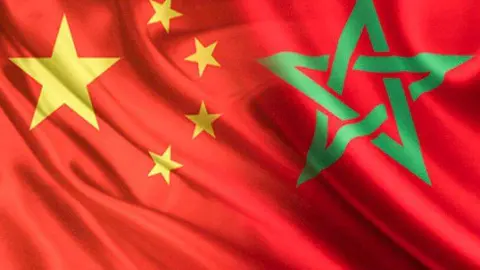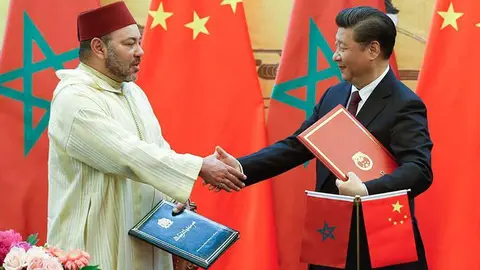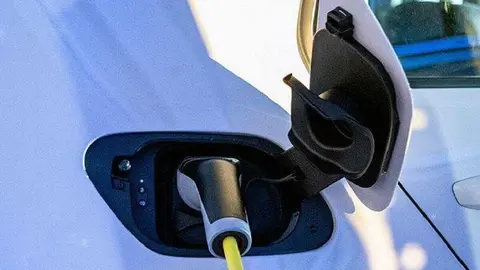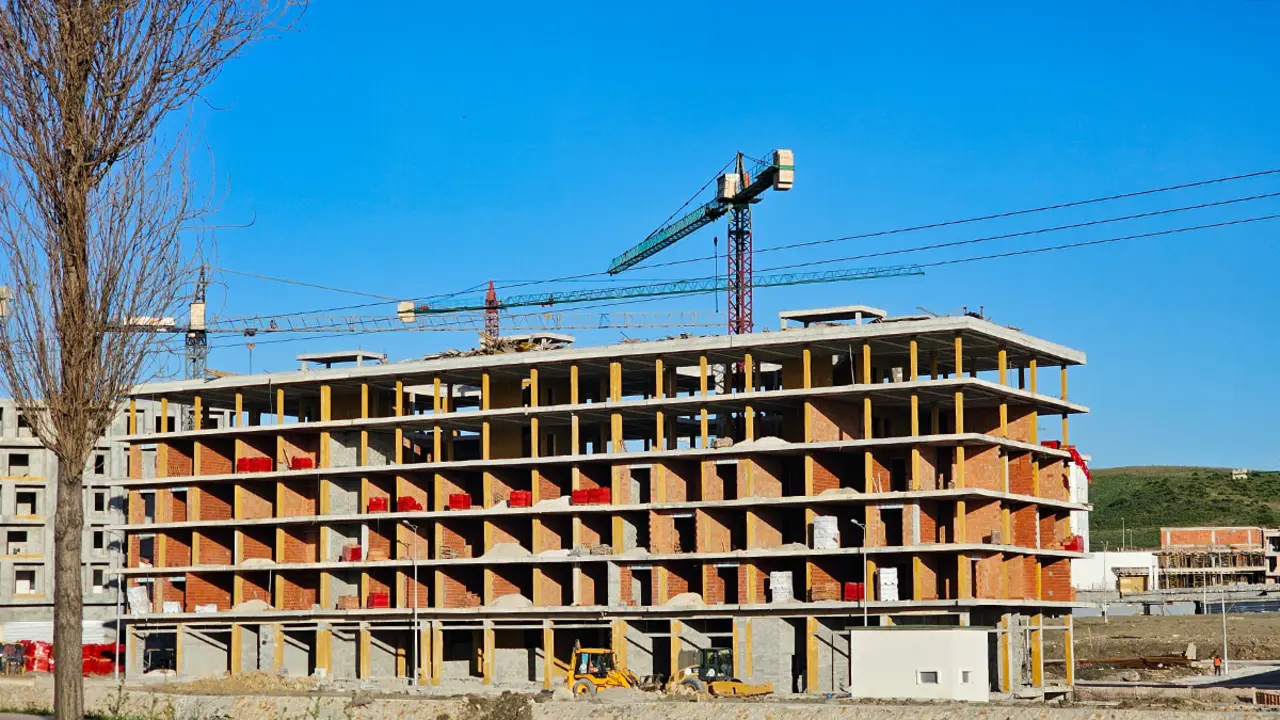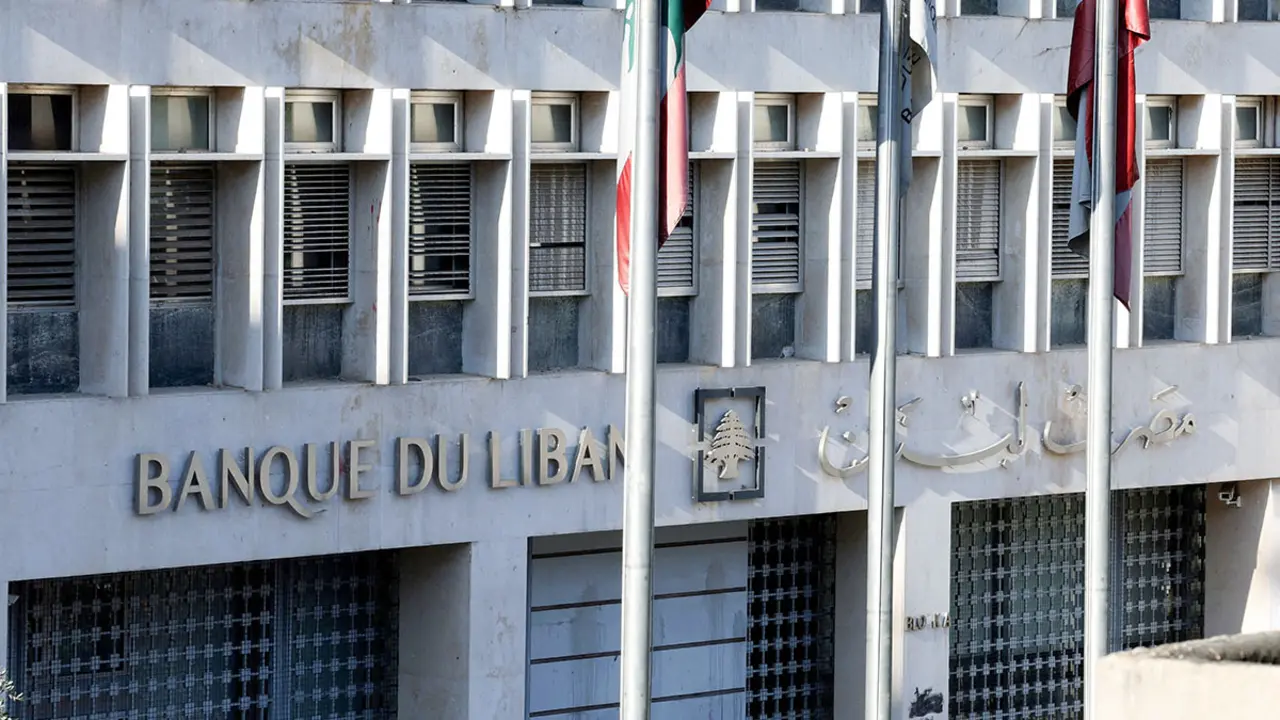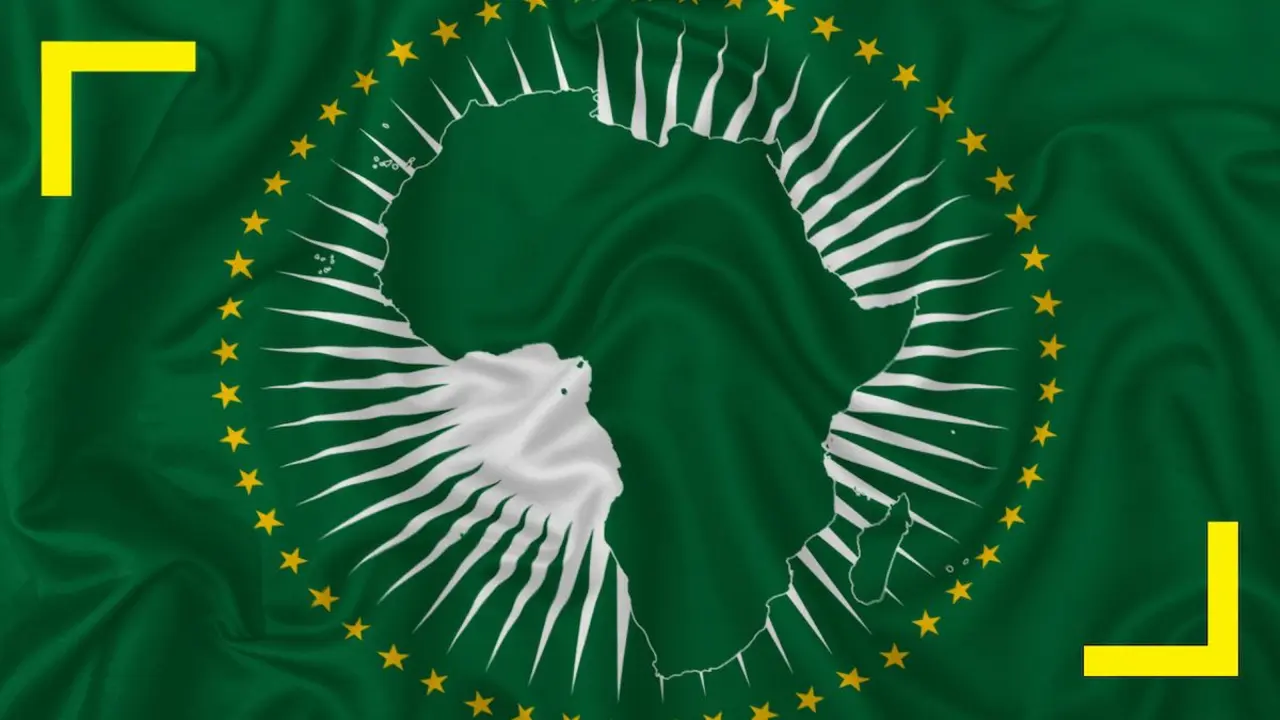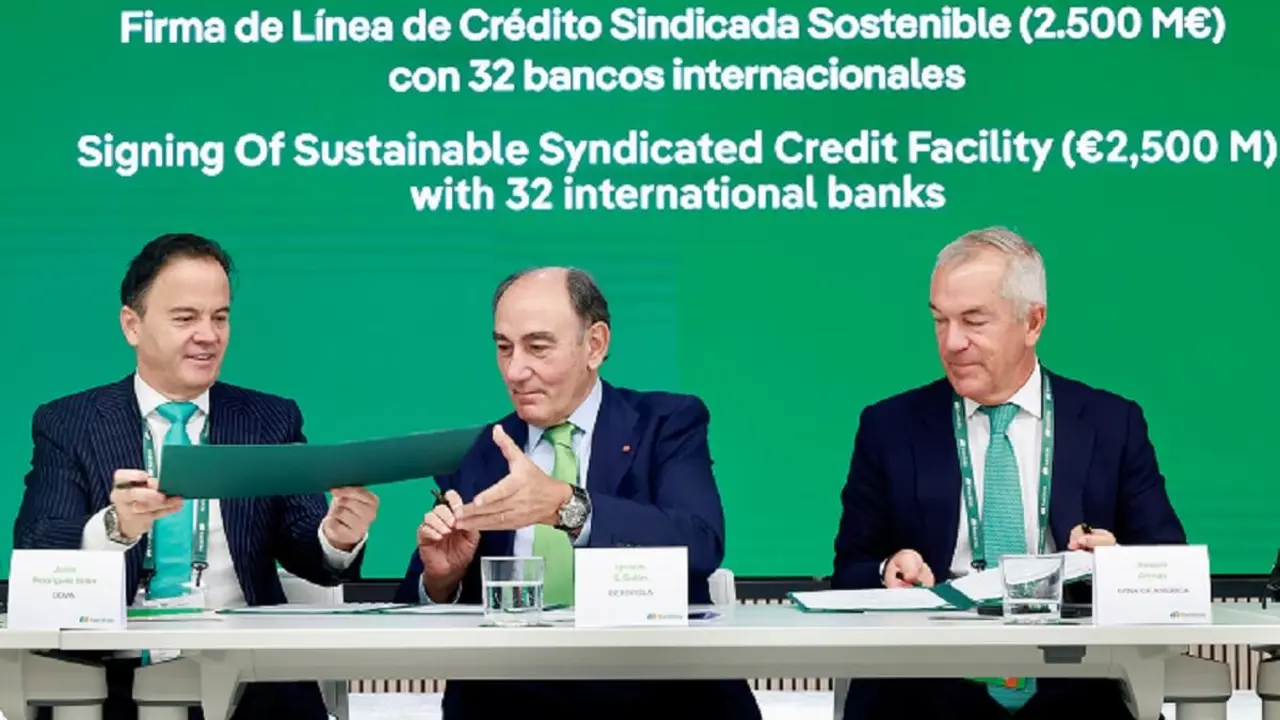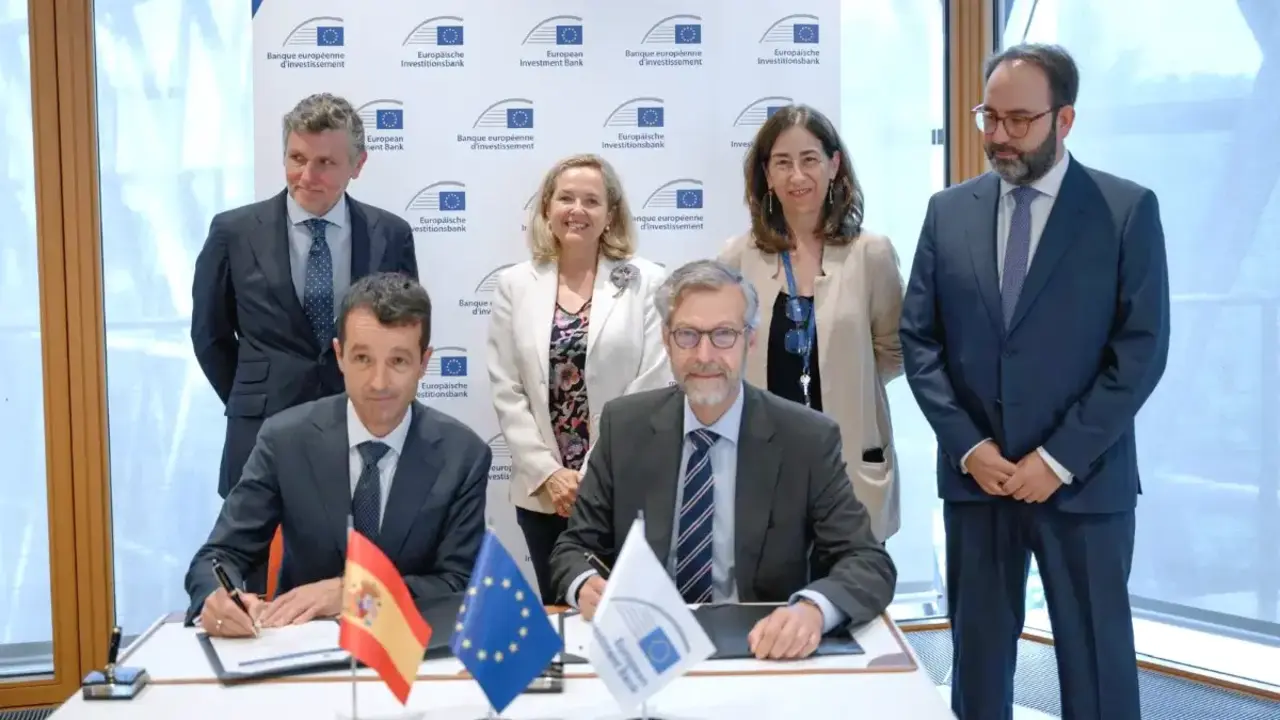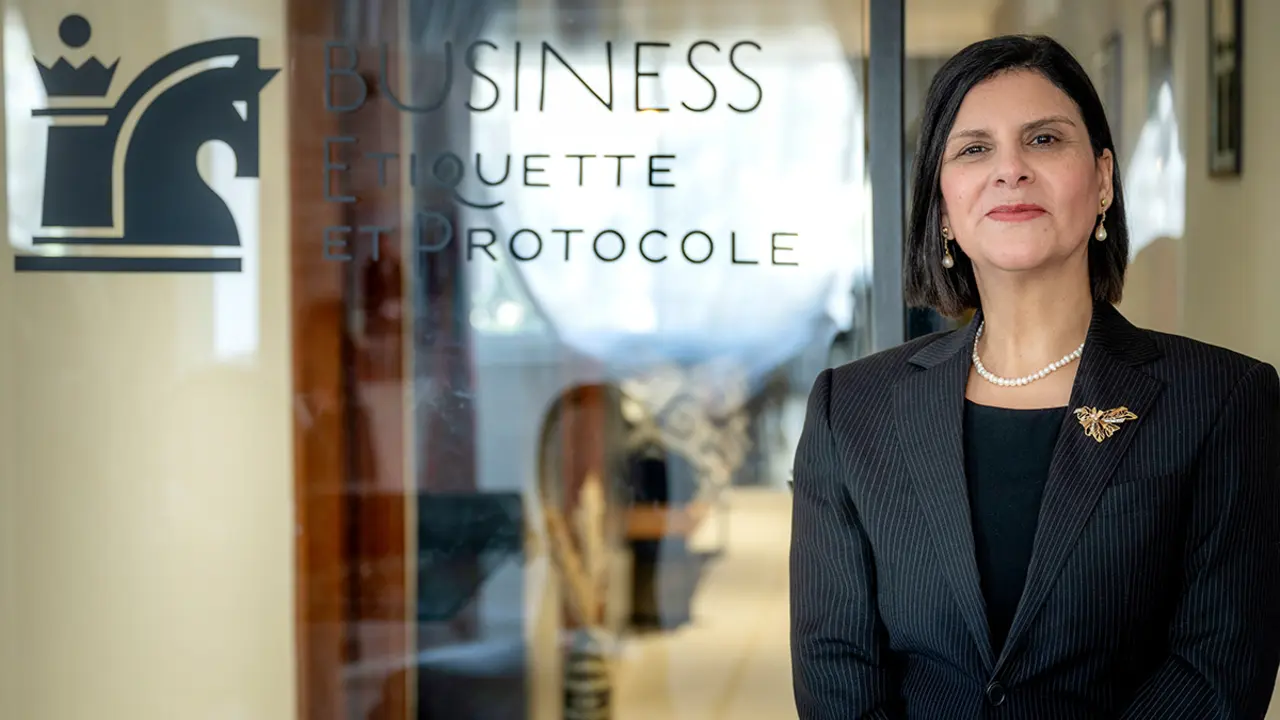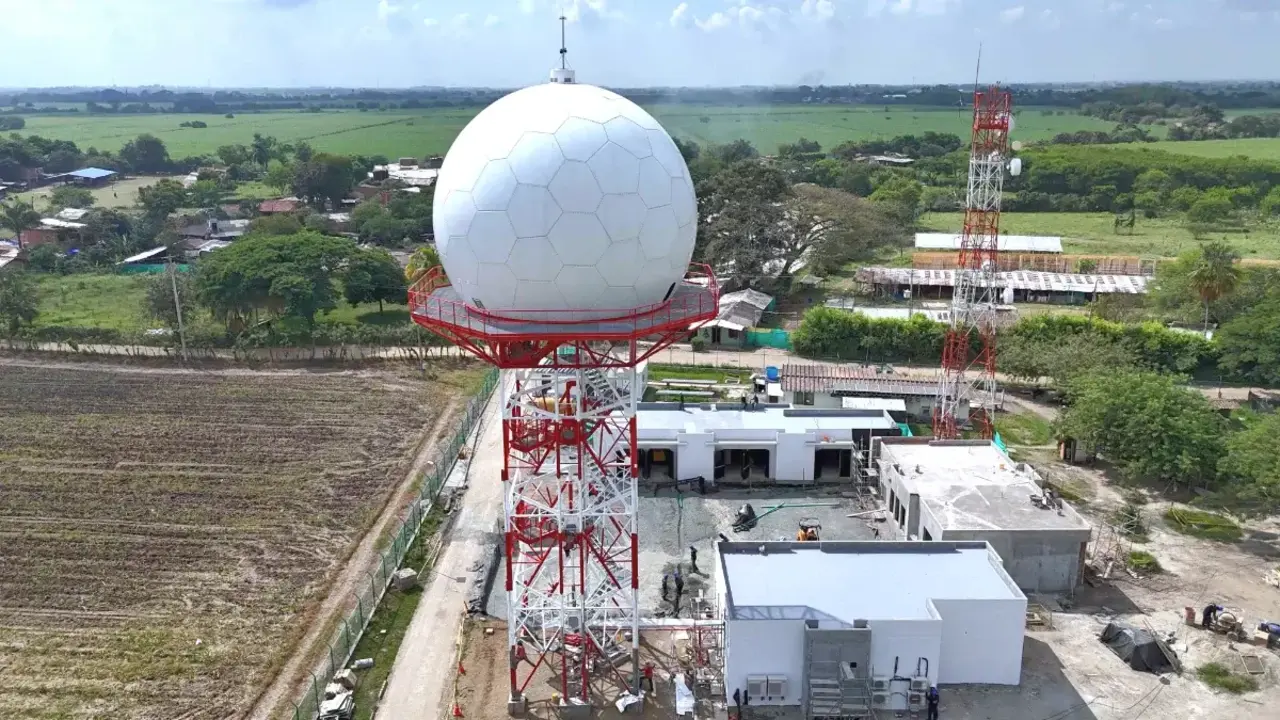The Chinese conglomerate Tinci Group relocates its electrolyte production project from the Czech Republic to Morocco

The Chinese conglomerate Tinci Group, a major supplier of electrolytes and chemical components for lithium batteries, recently announced in a press release that it was abandoning its electrolyte production project in the Czech Republic and transferring it to Morocco. The aim of the plant was to produce 100,000 tonnes of electrolytes a year to meet the growing demand for electric batteries.
Officially, the decision to terminate the project was taken due to “unfavourable circumstances”. Several factors were highlighted by the Chinese group, including “the economic slowdown in various countries around the world, the restricted flow of personnel and materials, and the influence of factors such as the investment environment and policy changes in the Czech Republic”.
Another consequence of the relocation of this project was the dissolution of the Chinese group's local subsidiary, Tinci Materials Technology Czech SRO, which had been set up to manage the plant. “We are experiencing difficulties in advancing the preliminary work on this project”, they added in their press release.
The Moroccan alternative is not an insignificant choice. With this project, the Tinci group is establishing its second battery plant in the Kingdom of Morocco. Two months earlier, Tinci Materials announced the opening of a battery plant for electric vehicles in Morocco. On that occasion, the group highlighted the importance of the Moroccan kingdom in terms of phosphorite ore reserves. Tinci also stated that setting up a plant in the kingdom will enable the company to better serve and explore the European market.

Unlike the Czech Republic, Morocco's economic environment is considered “relatively stable” by the Chinese company. The group has announced that it will be raising around 5.98 billion yuan ($819.39 million) by issuing global certificates of deposit. These funds will mainly be used for various lithium battery materials projects, including a 300,000 tonne per year project in Morocco.
According to La Vie Éco, this new project will be located in the Jorf Lasfar industrial park in Casablanca and will require an overall investment of around $280 million. The project is expected to take 24 months to build and will eventually have an annual production capacity of 150,000 tonnes of electrolytes, 100,000 tonnes of lithium hexafluorophosphate and 50,000 tonnes of lithium iron phosphate.
Investing in Morocco as part of China's “One Belt, One Road” initiative
China-Africa relations have never been stronger than in the last fifteen years. In 2022, Chinese direct investment in Africa reached 3.4 billion dollars, according to data published by the Chinese Ministry of Commerce and quoted by the Agence Ecofin media.
While China had long preferred Algeria because of its oil production, Morocco's recent economic and industrial development has changed China's geopolitical situation in the Maghreb. In 2017, the Kingdom of Morocco became the first Maghreb country to join China's “One Belt, One Road” project. The development of its port, Tanger Med, which is now one of the world's top 25 port hubs and third in terms of connectivity, has been a key factor in the rapprochement between Beijing and Rabat.

As a point of entry for foreign investment in Africa, Morocco is playing an increasingly important role in Chinese projects in Africa. The French School of Economic Warfare, quoted by Le Point Afrique, explains in an article that the opening of new trade routes is currently being studied: the first would be overland between Algiers and Lagos and the second, considered the most likely, would follow the Mediterranean coast to the port of Tangiers.
“Morocco's geographical position between Africa and Europe, its ability to supply a skilled and inexpensive workforce, its infrastructure and logistics, and its unrivalled stability in the region may explain the People's Republic of China's interest in Morocco to the detriment of Algeria”, says the School of Economic Warfare.

At a time when relations with its Asian neighbours are coming under increasing pressure, China is seeking to gain influence on other continents, notably Africa, to position itself as a global power. In a survey conducted by Afrobarometer in 34 African countries in 2021, quoted by the media outlet Slate, 63 % of Africans said that Chinese influence had been “rather” or “very” positive. Nevertheless, a large proportion of Africans would like China to open to Africa as much as Africa is opening to them, by employing more local labour.


